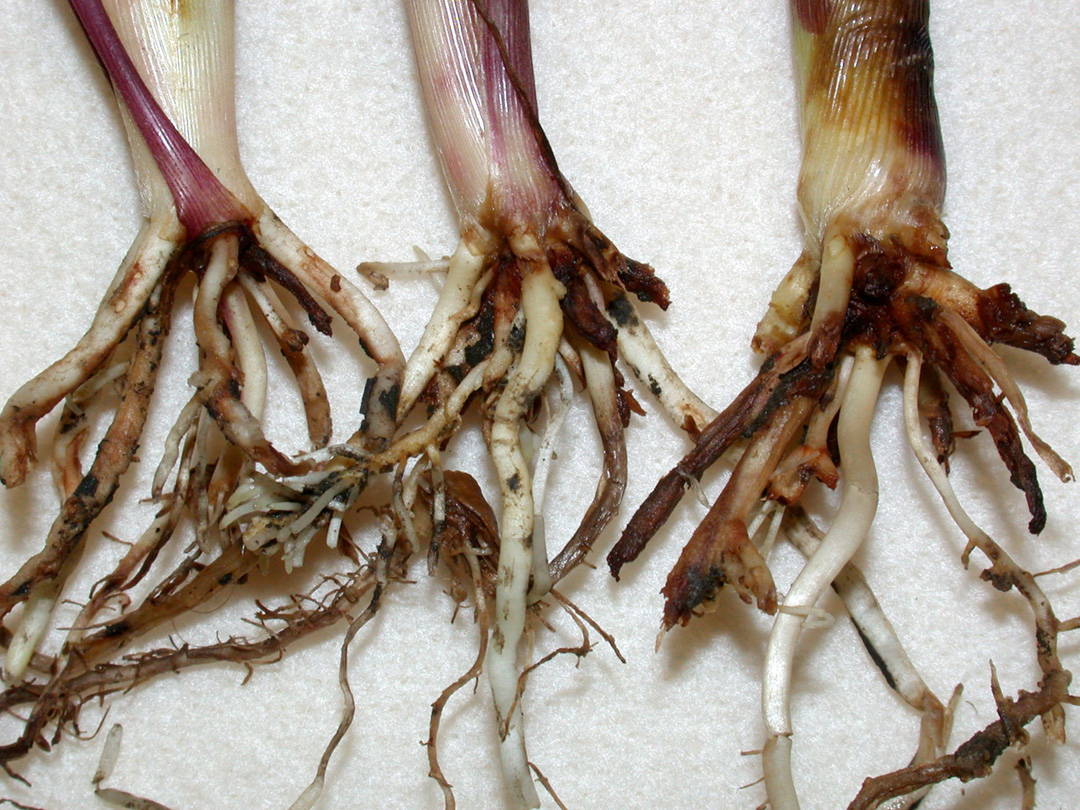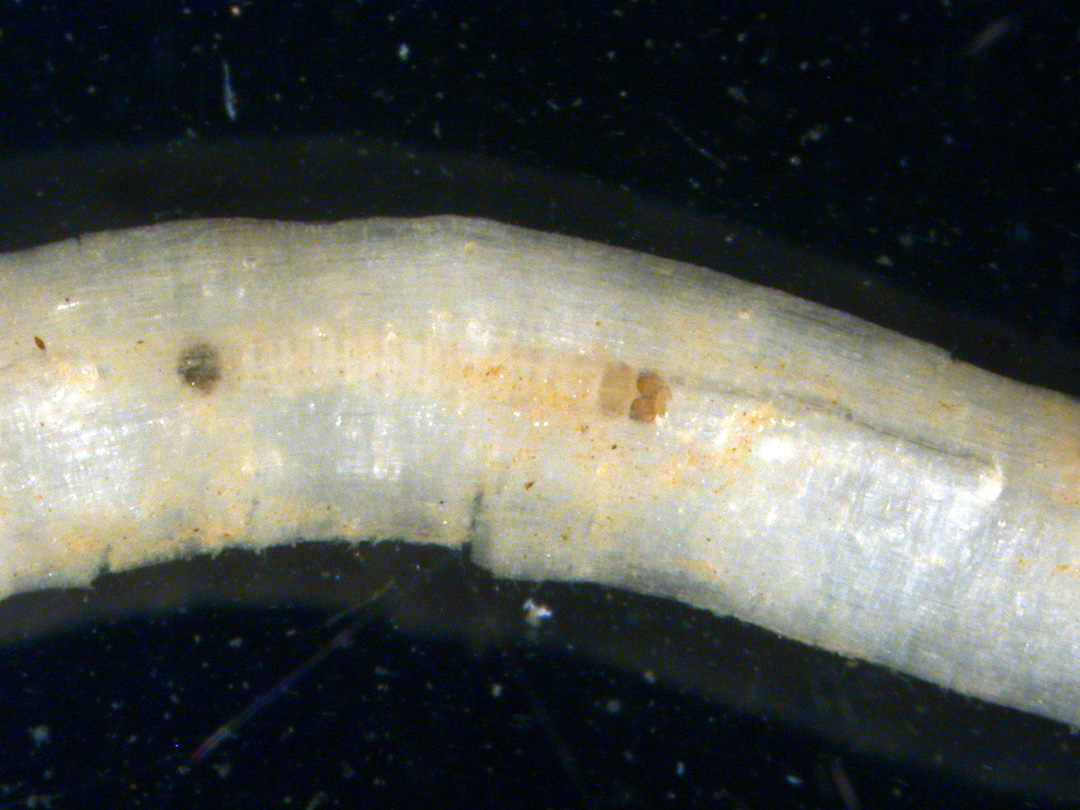In some parts of the state, delayed planting – or re-planting – of corn is a reality. Some producers may be attempting to switch to shorter day hybrids, including some without desired insect traits, including rootworm-specific Bt traits. What is the rootworm risk, especially to central and northern Indiana fields? Low. BUT… if you did NOT scout corn fields during corn pollination last year, or sample soybean fields during August for the presence/absence of rootworm beetles, then the localized risk is unknown. However, Indiana as a whole, has seen far lower rootworm beetle populations for several years. As we’ve written in previous years on this topic recently, those replanting or planting late may find 2021 a good time to experiment and plant non-Bt hybrids, as the pest pressure remains extremely low. Not zero! But very low.
First, the worst-case scenario. 2002 had a horrendous start to the growing season, first planting was delayed by excessive rains, followed by a long, hot dry spell. That year, producers pushed the window and planted into wet soil creating side-wall compaction. Producers were so hurried that inputs such as soil insecticides for rootworm protection were neglected in some cases. When drying finally occurred, the top inches of soil baked, becoming rock hard. The end result was that even a rootworm population that was not excessive caused high levels of damage by feeding upon puny, misshapen, and slow-growing roots causing “floppy corn,” “small corn-tall corn,” and sometimes plant death. Meaning, it took very few rootworm larvae to cause devastating damage to these already challenged root systems. But 2002 corn hybrids were inferior to those planted today in terms of vigor, nutrient and water uptake and virtually every other agronomic trait.
Best-case scenario: today, seed-applied insecticides (SAIs) are applied to virtually all corn seed, although rates vary. This isn’t generally optional, so if you are growing conventional corn SAIs are on there. Low and moderate rates (up to 0.5 mg/kernel) are not labeled for corn rootworm control, but this year, late planted fields will offer close proximity in timing to rootworm hatch and may offer some help. Rootworm egg hatch is underway throughout Indiana – it typically begins in late May in central counties, plus or minus several days to account for soil temperature differences from one end of the state to the other. Although egg hatch occurs over multiple weeks, those lower rates of SAIs may help long enough to protect some early root development. More likely though, fields not planted by now will result in starving young RW larvae as they hatch and find no host plant nearby – they need to eat within a day of hatching. We weep for them!

These late-planted, restricted roots, of corn were severely damaged by rootworm feeding. (Photo Credit: John Obermeyer)



